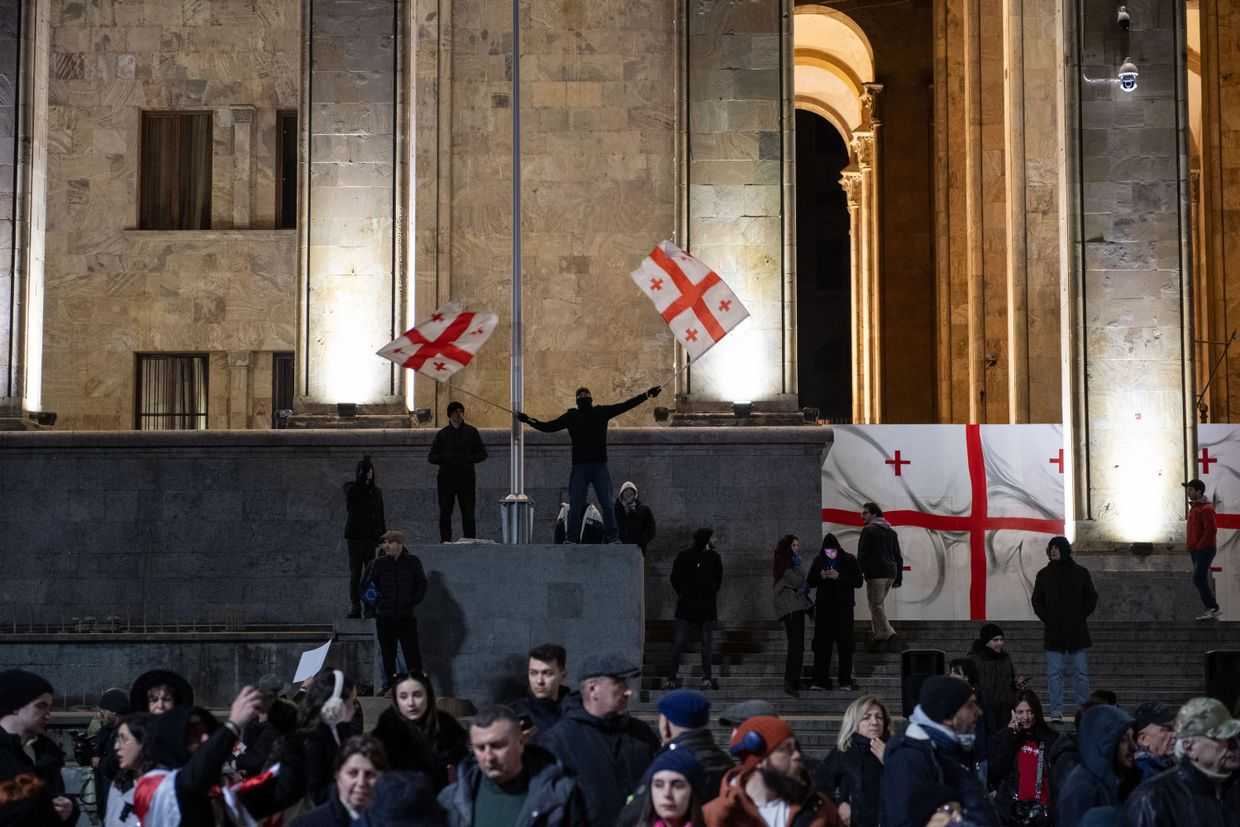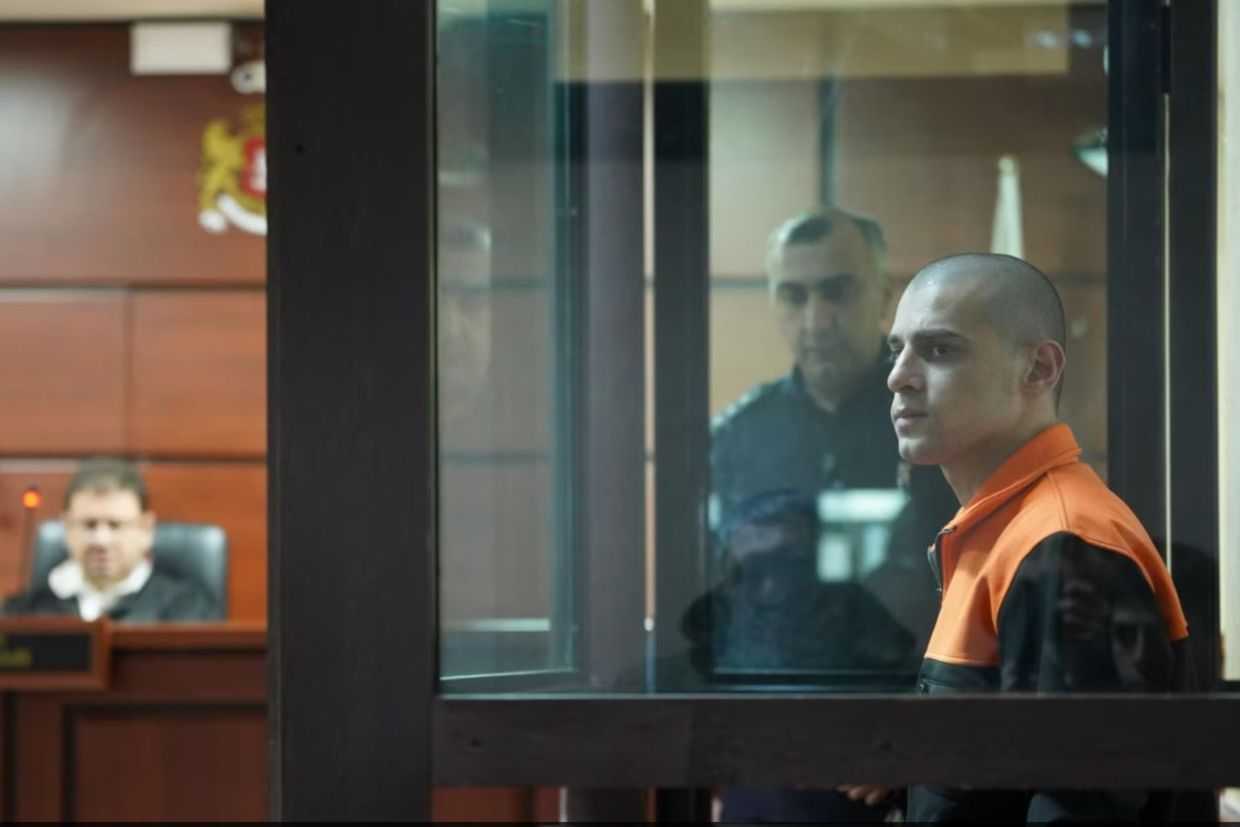
Georgia’s ‘LGBT Propaganda’ bill, proposed by the ruling Georgian Dream Party, has passed its first reading in parliament.
The draft laws and amendments were discussed at a plenary session on Wednesday. Voting took place on Thursday, with 78 MPs supporting the package and no votes against it.
Parliamentary majority leader Mamuka Mdinaradze suggested that voting was held a day after its discussion to give the opposition the opportunity to attend the vote. Most opposition parties have been boycotting parliament since the ruling party passed the foreign agent law in May, with the exception of Girchi — New Political Centre.
Girchi — New Political Centre’s Vakhtang Megrelishvili criticised the ban on adoption and fostering by queer people, suggesting it was wrong to ‘deprive a person of their right to parenthood because of their sexual orientation’.
In response, Parliamentary Speaker Shalva Papuashvili compared non-heterosexual sexual orientations to alcoholism, stating that someone ‘with a tendency to alcoholism’ would similarly be deprived of the right to adopt or foster a child.
On Monday, United National Movement (UNM) MP Khatia Dekanoidze stated that the ruling party had created the issue of ‘LGBT propaganda’ as a distraction, and ‘to strengthen their own power’.
‘Citizens are not interested in this issue. No one [in the regions] asked the question — what is happening with LGBT propaganda?’, said Dekanoidze.
Soon after the parliament voted in favour of the bill, Mikheil Daushvili, an MP from Giorgi Gakharia’s For Georgia party, stated that the ruling party was misleading the public by claiming that the opposition’s absence meant that they supported ‘LGBT propaganda’.
‘On the contrary, we do not support it, we oppose it’, said Daushvili. ‘We oppose propaganda directed at children, especially LGBT propaganda’.
Banning ‘queer propaganda’
The package was submitted at the beginning of June by ruling party MPs led by Parliamentary Speaker Shalva Papuashvili and centred around the ‘law on the protection of family values and minors’, with amendments to 18 existing laws.
The package is focused on banning same-sex marriage, which is already prohibited, legally barring queer people from adopting children, banning gender-affirming medical treatment, banning legal gender recognition, and banning ‘queer propaganda’ in media, in educational institutions, and at public gatherings, protests, and workplaces.
[Read more: Explainer | What’s in Georgia’s new anti-queer bill?]
After the bill passed its first hearing, Parliamentary Speaker Papuashvili stated that parliament had made ‘a truly important decision’, and suggested that the country had shown support for the law at this year’s Family Purity Day.
‘On 17 May, a public referendum was held all over Georgia, where a million citizens of Georgia confirmed their support for this package by coming out on the streets, requesting that the Parliament turn their voice into law’, said Papuashvili. ‘The Parliament has taken the first step towards this, and passed [the legal package] in the first reading.’
The government this year declared Family Purity Day a public holiday, with the event attended by several hundreds of thousands. If passed, the legal package would permanently establish the day as a public holiday.
The Orthodox Church has been commemorating ‘Family Purity Day’ on 17 May, the International Day against Homophobia, Biphobia, and Transphobia, since 2014, holding rallies in support of ‘family values’.
The parliamentary majority plans to pass the law in its second and third readings in the autumn session, which begins on 3 September. According to pro-government TV station Rustavi 2, the ruling party has decided that the bill’s next hearings will be held by the newly-constituted parliament following October’s elections.









